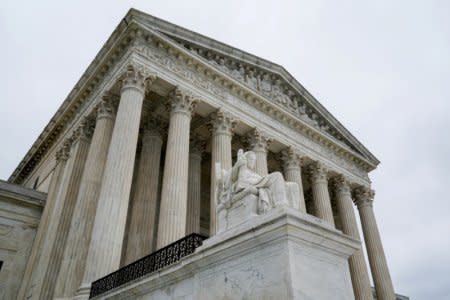Supreme Court rules warrants required for cellphone location data

Thomson Reuters
WASHINGTON (Reuters) - The U.S. Supreme Court on Friday imposed limits on the ability of police to obtain cellphone data pinpointing the past location of criminal suspects in a victory for digital privacy advocates and a setback for law enforcement authorities.
In the 5-4 ruling, the court said police generally need a court-approved warrant to get access to the data, setting a higher legal hurdle than previously existed under federal law. The court said obtaining such data without a warrant from wireless carriers, as police routinely do, amounts to an unreasonable search and seizure under the U.S. Constitution's Fourth Amendment.
The court ruled for Timothy Carpenter, who was convicted in several armed robberies at Radio Shack and T-Mobile stores in Ohio and Michigan with the help of past cellphone location data that linked him to the crime scenes.
(Reporting by Lawrence Hurley; Editing by Will Dunham)
See Also:

 Yahoo News
Yahoo News 
